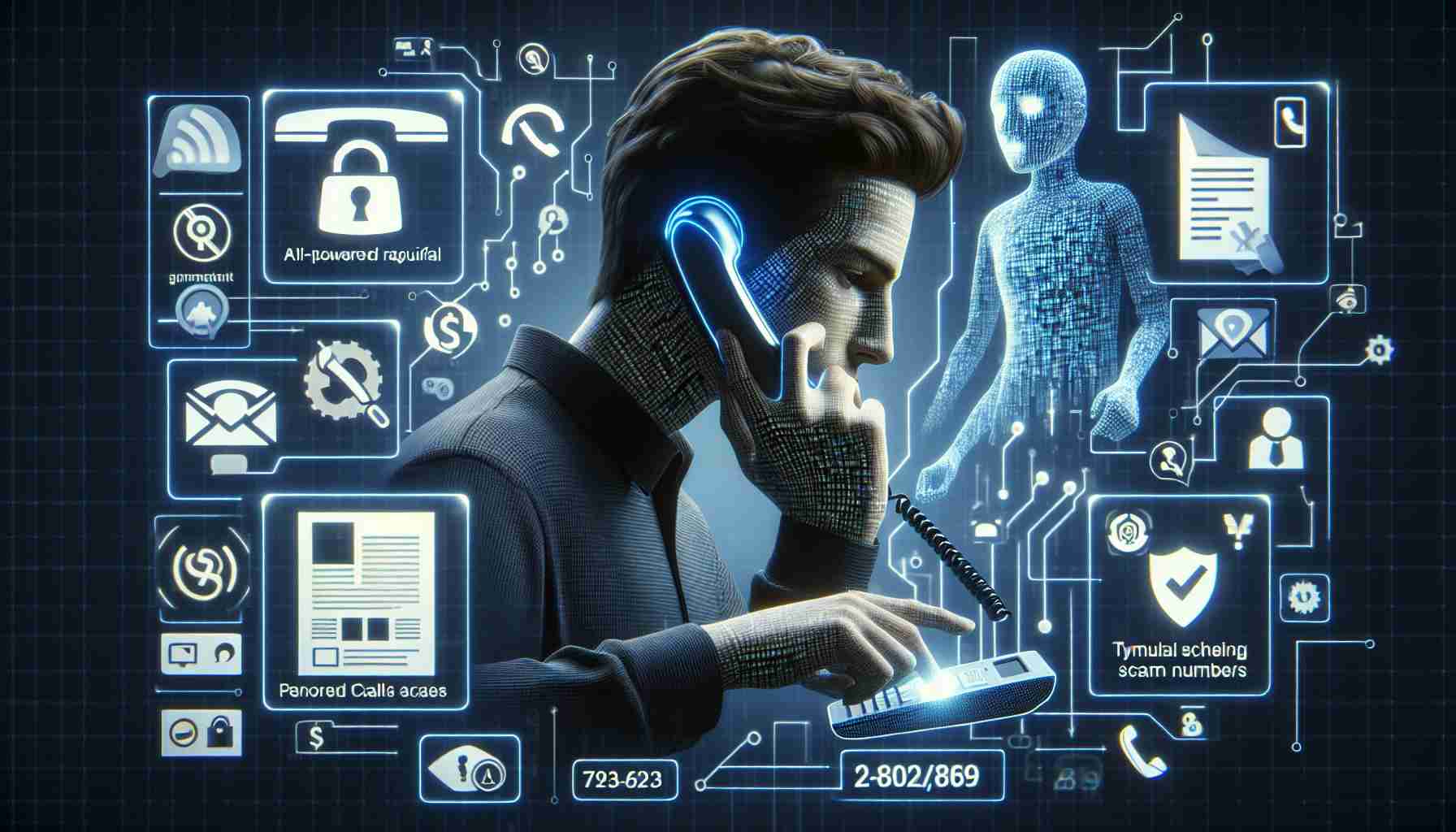In today’s era, where artificial intelligence (AI) has seamlessly blended into our daily lives, the Frankfurt authorities warn of a growing threat: AI-assisted scam calls impersonating loved ones. These sophisticated scams use “voice cloning” technology, which has progressed to the point where it can create convincing simulations of family members’ voices, making it all the more difficult to discern the authenticity of the caller.
Understanding the Threat of AI-Facilitated Phone Scams
The rise of machine learning and AI has opened up Pandora’s box, providing scammers with advanced tools to enhance their deceptive tactics. It now takes less than ten seconds of someone’s speech for modern AI tools to mimic a voice making it sound almost indistinguishable from the real thing. This development has propelled what was formerly known as the “grandparent scam” to an entirely new level of deceit.
How Do Scammers Craft Convincing Voice Deepfakes?
Scammers construct these deepfakes by acquiring just a snippet of voice data from sources like social media videos, voicemails, or even casual phone conversations. They can intertwine this data with text-to-speech software to fabricate audio in real time, manipulating not just tones but also speech nuances.
Recognizing and Handling Fraudulent Calls
With scammers orchestrating high-stress scenarios to pressure their victims, it becomes challenging to pinpoint the artificiality of these calls. However, by asking personal, specific questions or using pre-arranged code words, individuals can expose the fraudulence.
Tips for Responding to Suspicious AI Calls
Federal Office for Information Security (BSI) suggests precautionary measures in case of receiving a suspicious call:
- Maintain composure without succumbing to pressure.
- Avoid sharing any personal information.
- Refrain from initiating any financial transactions.
- Double-check by contacting the person through a different method.
- Document the details of the call and report to the police.
While voice cloning possesses the potential for misuse, it’s also important to note its beneficial applications, such as assisting individuals with speech impairments to communicate using their own voice, thanks to companies like “Voice Keeper”. Despite its dual nature, remaining vigilant against its malicious use is critical.
Understanding and guarding against AI-powered fraudulent calls is crucial as these scams become more sophisticated. The challenges associated with them include the difficulty of detection, the psychological manipulation of victims, and the constant evolution of scams as technology advances.
Important Questions Answered:
– How do I verify the identity of the caller? Verify the caller’s identity by contacting the person they claim to be through a different method, like calling them directly on a known number or meeting them in person if possible.
– What should I do if I receive a suspicious call? Do not share personal information, remain calm, and hang up. Then, report the details to the relevant authorities, such as the police or fraud-prevention agencies.
– Are there legal measures to protect against these scams? There are laws against fraud and impersonation, but the international and anonymous nature of these scams makes enforcement challenging. It’s important to stay informed about your local laws and preventive measures.
Key Challenges and Controversies:
– Detection: As AI improves, it becomes harder to distinguish between real and generated voices, increasing the success rate of scams.
– Regulation: Regulating the use of AI without stifling innovation, privacy rights, or freedom of speech is a delicate balance.
– Prevention: Educating the public to recognize and report these scams is challenging due to the varying levels of technological understanding among different demographics.
Advantages and Disadvantages of AI in Voice Cloning:
– Advantages: Voice cloning can aid people with speech impediments or lost ability to speak, help create realistic voiceovers for entertainment or educational content, and be used in personalizing virtual assistants.
– Disadvantages: AI voice cloning technology can be misused for scams, pose security threats by bypassing voice authentication systems, and raise ethical concerns about consent and impersonation.
For more information on how to protect yourself from various types of fraud, visit the Federal Office for Information Security.
Remember always to verify sources and URLs independently to ensure their validity and relevance to your needs. It is imperative to stay updated on the latest security measures and advisories from credible organizations.

